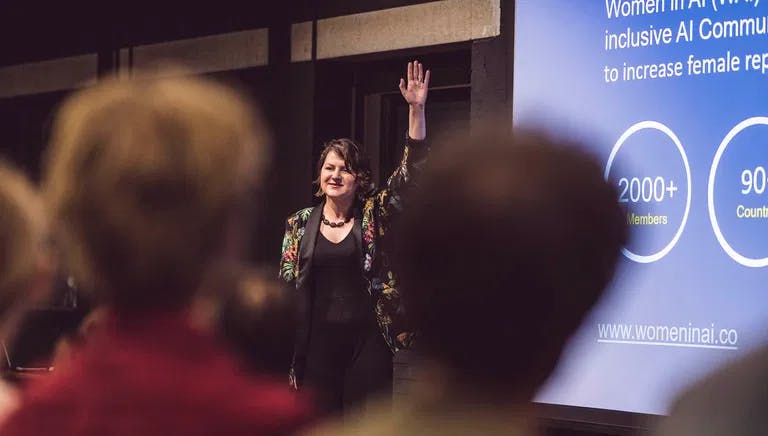Artificial Intelligence
Artificial intelligence (AI) is the transformative technology shaping our future. At the heart of a dynamic community of technology and science, the Amsterdam Area is rapidly emerging as a global leader in the field. Driven by collaboration between innovative projects and forward-thinking startups, Amsterdam envisions AI as a force for good for our planet.
One of the most AI-ready cities in the world with outstanding digital connectivity
Academic-corporate collaborations committed to improving health, innovation and citizen support
Innovation fuelled by ethical data sharing and an international outlook
Get to know the artificial intelligence ecosystem in Amsterdam
Latest news from the AI sector

17 July 2025
Amsterdam-based Biotech Booster secures €196.4M to accelerate Dutch innovations

9 July 2025
Delta Electronics announces EMEA expansion in the Amsterdam Area

30 June 2025
Netherlands ranks among world’s top 10 for energy transition progress

24 June 2025
Dutch startup scene maintains global top 10 ranking

18 June 2025
TNW Conference lands at NDSM Amsterdam

15 May 2025
Amsterdam’s fresh funding news from FINOM, Duna and Toloka

1 May 2025
How Roboat is steering a new future in waterborne transportation

10 April 2025
Amsterdam’s AI for Health Equity Lab secures €2.3M grant

19 March 2025
Hello Tomorrow Global Summit moving to Amsterdam in 2026
Contact an AI industry expert



